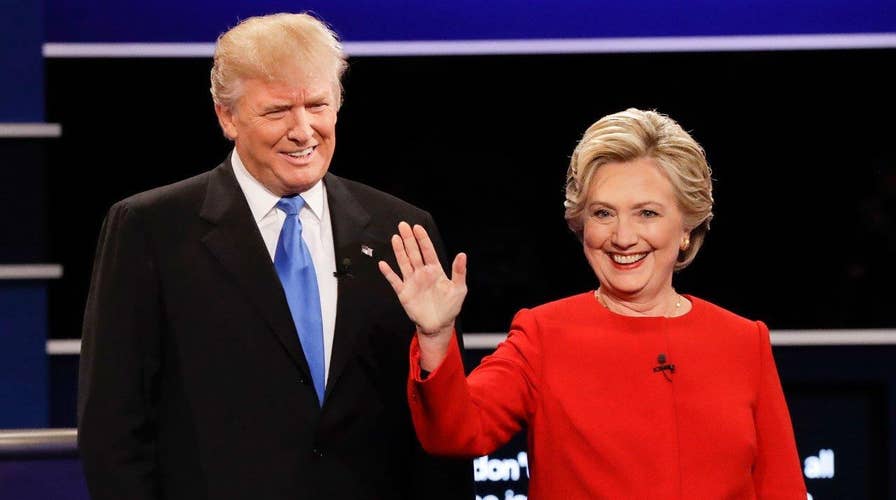How the candidates' debate performance will impact the race
Did the voters get a better understanding of Trump and Clinton? Charles Krauthammer weighs in on 'The O'Reilly Factor'
The Federal Communications Commission was asked to investigate the banning of journalists' Wi-Fi hot spots at Monday's presidential debate at Hofstra University.
Jessica Rosenworcel, an FCC commissioner, has requested the agency investigate the restriction that banned journalists from using their own Wi-Fi hot spot inside the venue, which staged the first debate of the election. Members of the press were required to pay $200 to use the venue's own Wi-Fi.
With the furor over the banning of personal hot spots, Hofstra University had been accused of detecting these other networks -- there are no accusations of jamming however. A journalist from Politico tweeted an image of a device inside the venue that he claims officials were using to detect non-permitted Wi-Fi networks.
More From Digital Trends
In a tweet of her own, Rosenwercel said the arrangement for Wi-Fi at the event was "not right" and there was a precedent. She linked to an FCC ruling from 2015 that ruled against a company called Smart City Holdings for carrying out Wi-Fi blocking. The company was fined $750,000 at the time. The FCC has also in the past handed down fines to hotels for jamming guests' Wi-Fi hot spots.
In response to the reports, Hofstra University told Ars Technica in a statement that the criteria for Wi-Fi networks at debates came from the Commission on Presidential Debates.
"For Wi-Fi to perform optimally the system must be tuned with each access point and antenna. When other Wi-Fi access points are placed within the environment the result is poorer service for all. To avoid unauthorized access points that could interfere, anyone who has a device that emits RF frequency must register the device," the university's spokesperson Karla Schuster said. "Whenever a RF-emitting device was located, the technician notified the individual to visit the RF desk located in the Hall. The CPD RF engineer would determine if the device could broadcast without interference."

